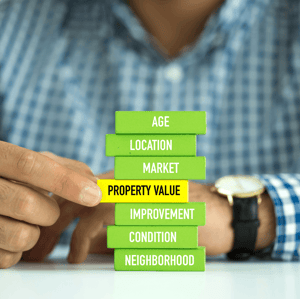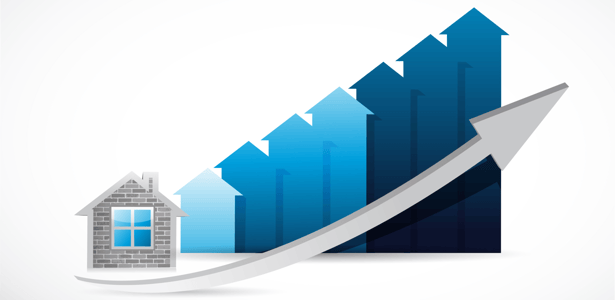If you’re considering listing your home in the near future, there’s many things to consider such as when to list it, how to stage your home and much more.
First and foremost, it's important to determine the value of your home so you know how much you should sell it for. But just how is the value of your property assessed? We’ve outlined below some factors that go into how this is determined.
Assessed Value
A municipality is able to calculate the assessed value of your home using a Mass Appraisal method, meaning they’ll compare homes with similar attributes and determine the value by looking at what these homes have sold for. Some of the attributes they measure are:
Location
One of the biggest factors that go into determining the value of your property is where it is located. If you live in a smaller town, your property value increases the closer you live to a large city. If you’re already in the city, your property value is partly determined by the area in which you live.
On a smaller scale, how close your home is to major roadways can also determine its value.
Housing Type
This metric for measuring property values can actually cause some fluctuation, as the types of home in demand vary. While during one assessment, single family homes may increase in value because of demand, a future assessment may reveal that duplex style homes are a more popular choice.
 Size
Size
While bigger isn’t always better (depending on the state of the property), values generally increase according to property size. This applies to your home as well as the size of the lot on which it’s built.
Construction & Architecture
While this can be measured by how old the home is (older homes or certain time periods tend to have distinct architectural features), it also speaks to the quality of the build.
Surrounding Amenities
Part of the reason you live where you do now is because you see the value of living in that location - property assessments work the same way. The closer your home is to recreation centres, shopping districts and other amenities, the higher the assessed value of your property.
Permits
Municipalities take into consideration any construction permits you’ve applied for on your property. If there’s an addition to your home, whether it's a Granny Suite, a solarium, or any other large home improvement, this will increase the price of your home.
This is also a great reason to always apply for permits with the municipality you live in for the work you are doing on your home. Not only will you be protecting your family by making sure you are building safely, it will also ensure you don’t void your home insurance with shoddy construction and increase the value of your home.
Market Value
Unlike the assessed value of your home determined by your municipality, the market value of your home is assessed by how much buyers are willing to pay for it. This is determined by the demand within your local housing market for homes of your type, size, and location.
As we’ve seen in markets like Vancouver and Toronto, the market value of homes is drastically different than the assessed values because of the incredible demand in these cities.
Should I Sell My Home at Its Assessed Value?
The assessed value of your property doesn’t mandate the price for which you should sell but will factor into what you can realistically get from the purchase. Remember, the assessed price doesn’t always reflect the market price of your home.
It’s also important to note that the assessed value of your home could be based on a comparison that is no longer current. If you live in a new community that has seen a tremendous amount of growth over the past couple of years, chances are the assessed value of your home is higher now than before. This is because other homes have been built, amenities such as parks and trails have been added, and local stores are now open nearby.
It could also be as simple as your location becoming more popular, which has caused home prices to rise over a relatively short period of time.
In order to avoid any mistakes when selling your home (such as listing too high or low), it’s always good to consult your real estate agent when determining the listing price. They know the prices set for similar properties and can provide a realistic picture of how much you can expect to sell for. They also benefit from your home selling for as high a price as possible, so they want to make sure they hit the mark.




